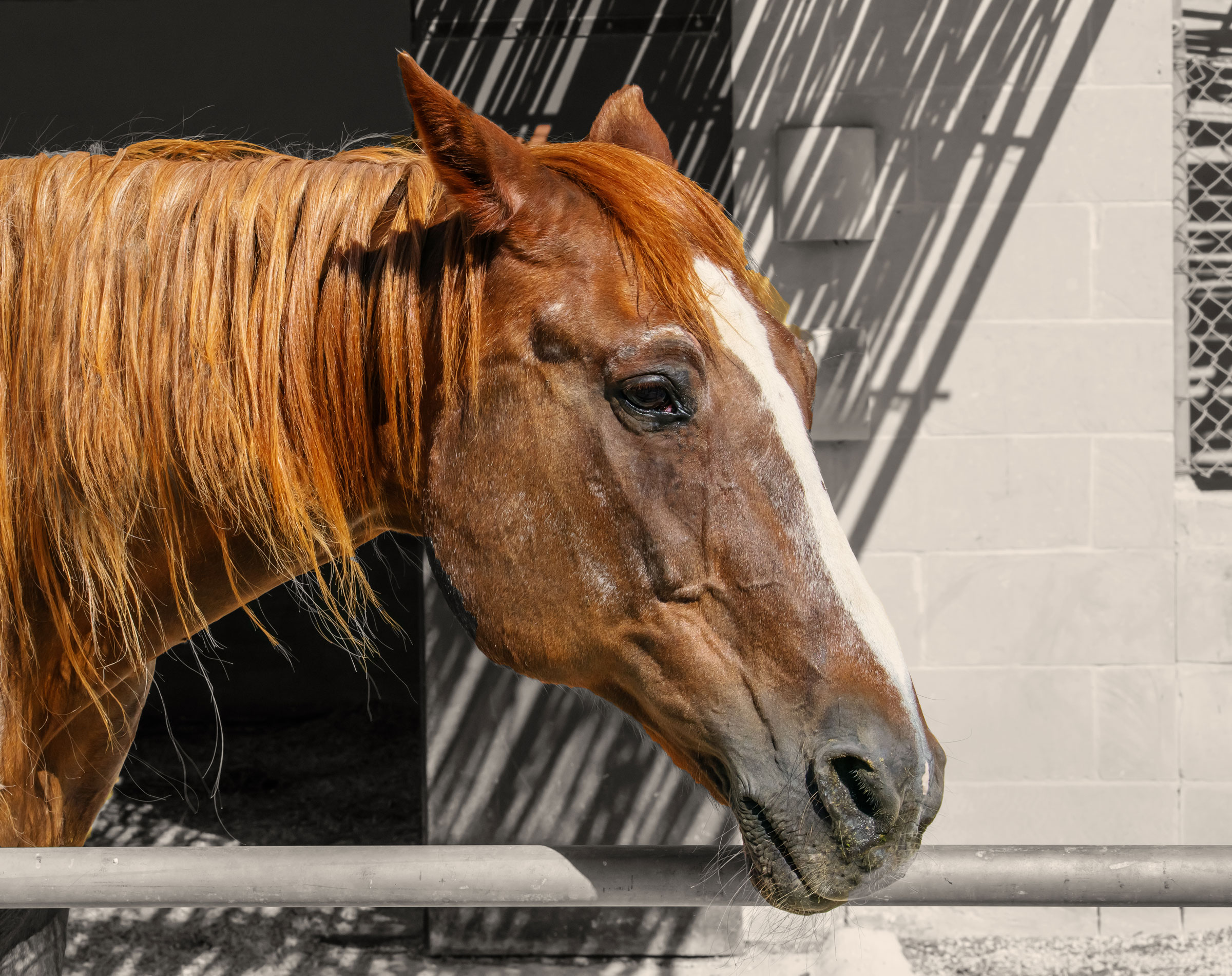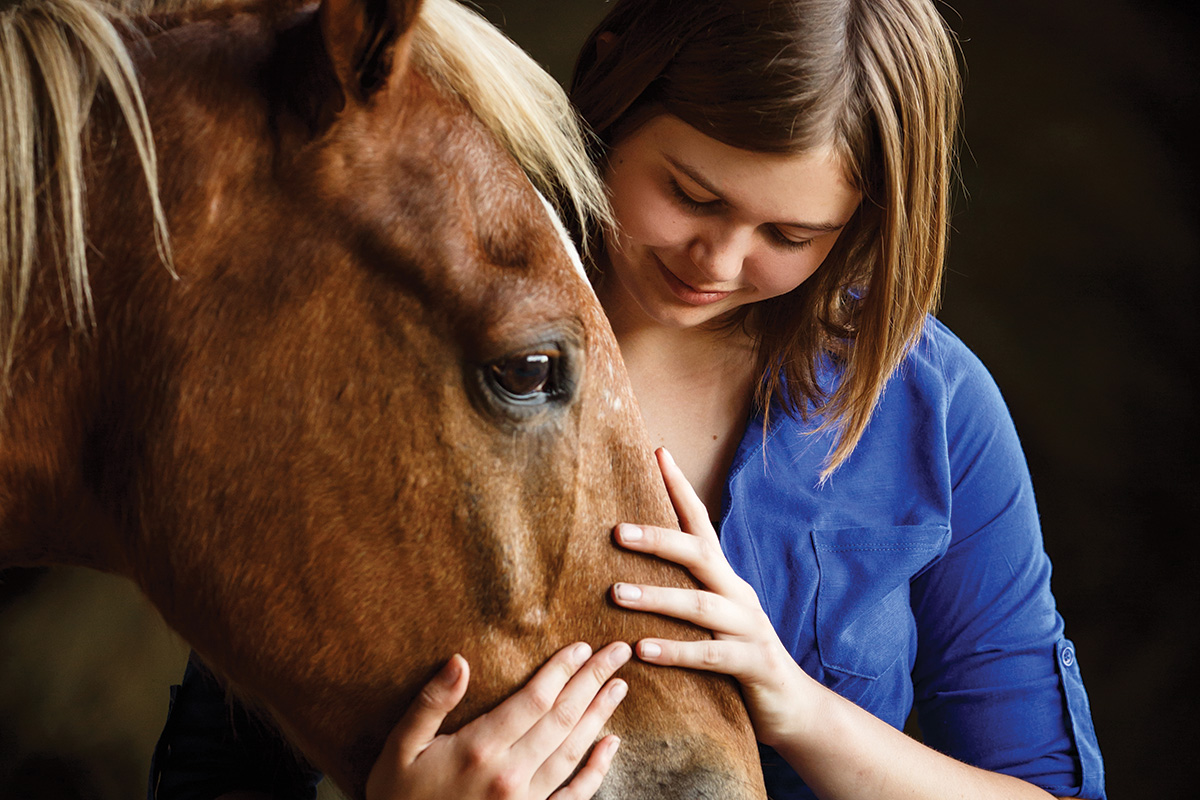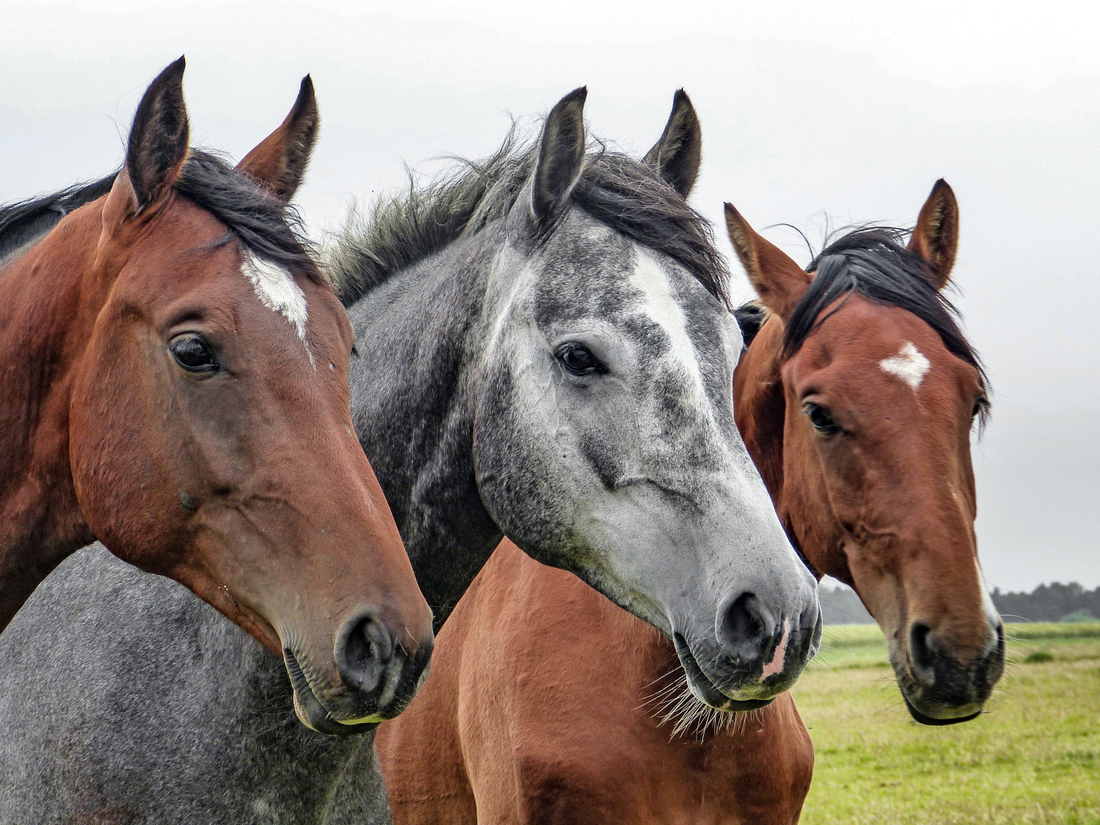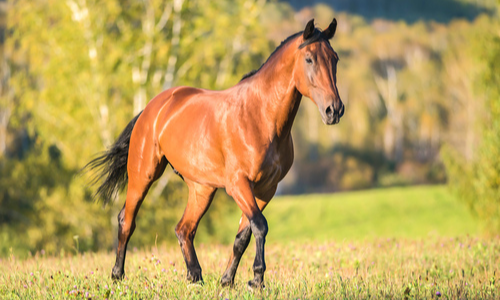Senior Horses Living Their Best Lives

Caring for senior horses requires special attention to ensure they enjoy a comfortable, healthy, and fulfilling life. This article explores key aspects of senior horse care, including nutrition, exercise, health monitoring, and environmental adjustments.
Understanding Senior Horses

Senior horses are generally considered to be those aged 15 years and older. As horses age, their physical and metabolic needs change, necessitating adjustments in their care routines.
Nutrition for Senior Horses

Proper nutrition is vital for maintaining the health and vitality of older horses. Senior horses often require diets that are easier to chew and digest, with balanced nutrients to support joint health, weight maintenance, and overall well-being.
| Nutrient | Importance | Sources |
|---|---|---|
| Fiber | Supports digestion and gut health | Hay, beet pulp, senior feeds |
| Protein | Maintains muscle mass | Alfalfa, soybean meal |
| Fat | Provides energy | Vegetable oils, rice bran |
| Vitamins & Minerals | Supports immune function and bones | Supplement mixes, fortified feeds |
Exercise and Activity
Regular, moderate exercise helps maintain muscle tone, joint flexibility, and mental health in senior horses. Activities should be tailored to the horse’s abilities and health status.
- Light riding or walking
- Groundwork exercises
- Turnout in safe paddocks
Health Monitoring
Routine veterinary check-ups are essential to detect and manage age-related conditions such as arthritis, dental issues, and metabolic disorders. Regular dental care is particularly important to prevent feeding difficulties.
Environmental Adjustments
Creating a comfortable living environment can greatly enhance a senior horse’s quality of life. Considerations include:
- Soft bedding to reduce joint stress
- Easy access to water and feed
- Shelter from extreme weather
FAQs
Q: At what age is a horse considered senior?
A: Typically, horses aged 15 years and older are classified as senior.
Q: How often should senior horses see a vet?
A: At least twice a year for comprehensive health checks.
Q: Can senior horses still be ridden?
A: Yes, with appropriate adjustments based on their health and fitness.
Q: What are common health issues in senior horses?
A: Arthritis, dental problems, weight loss, and metabolic disorders.
By understanding and addressing the unique needs of senior horses, owners can help their equine companions live their best lives well into their golden years.
